ICT
Number of results stories covering this topic: 25
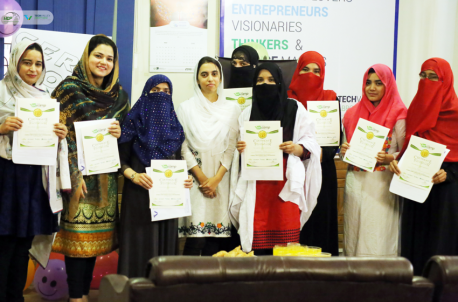
Coding Bootcamps for Women in Pakistan
Employing women in the digital economy is a significant step in ensuring inclusiveness. In Pakistan, according to the Global Gender Gap Report 2017, women make 25.7% of the whole labor force, but this number is much lower in the tech sector, only 14%, as per a study conducted by P@SHA1 in 2012.
P@SHA or Pakistan Software Houses Association for IT…

Improving telecom services in Tunisia and Mauritania
To ensure universal access to affordable telecommunications services, Tunisian and Mauritanian officials engaged in an exchange with Turkey on ways to reform and liberalize their telecom sectors, with an emphasis on broadband. They learned how to open up telecom markets to competition, align regulatory frameworks to EU standards, and balance…
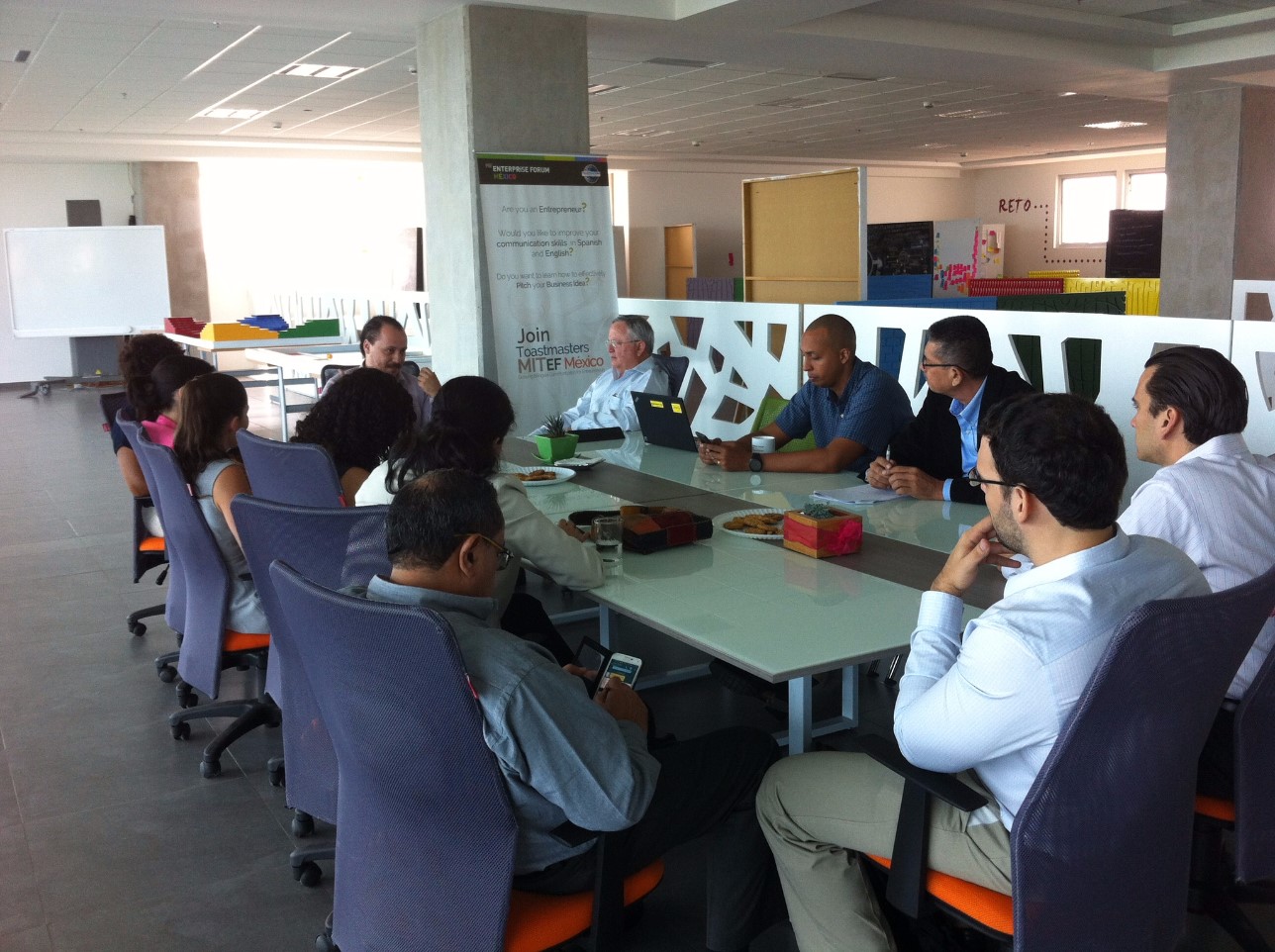
Boosting the Information Technology and Information Technology-Enabled Services (IT-ITES) Sector in Nicaragua
Through this grant, Nicaraguan participants have increased their capacity and skills for designing and implementing policies to develop the IT-ITES sector, and as an ultimate objective, to implement one of the pillars of the National Development Plan. The exchange helped strengthen the collaboration between government, academia and private sector…

Fostering Information and Communication Technologies for Public Sector Reforms in Tajikistan
The Government of Tajikistan aimed to develop a more transparent, accountable, and cost-effective government through the use of information and communications technologies (ICT) and turned to the World Bank’s South-South Facility for help. India, Moldova, and Georgia were well on their way in developing their e-government systems and processes…

ICT Leadership Capacity Building for Moldovan Officials
In December 2009, Moldova began a journey of government transformation using Information and Communication Technology (ICT). Moldova’s leadership wanted to leverage ICT to increase the country’s growth, following the example of Singapore and other countries that have used ICT to become global leaders in competitiveness. Senior Moldovan officials…
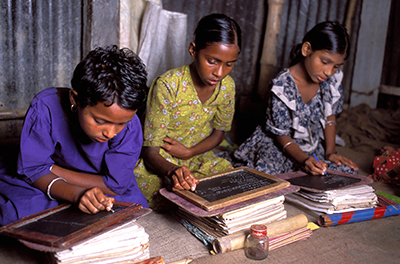
Learning to Build National Research and Education Networks (NRENs) in South Asia
The Internet has become an integral part of the delivery of quality education nearly worldwide, except in countries such as Afghanistan, Bangladesh, Bhutan, and Nepal that lack easy, cost-effective Internet access. Wanting to address this academic isolation and improve higher education, these four countries approached the World Bank for help. In…

Enhancing Capacity to Build ICT-sector Skills in Africa
Growth in the Information Technology and Business Process Outsourcing sector (IT-BPO) can transform a country’s economy and improve the lives of its citizens. No country is a better example than India, which has achieved phenomenal growth in this sector. As of 2010, India could boast of a 64 percent share of globally off-shored IT services and a…
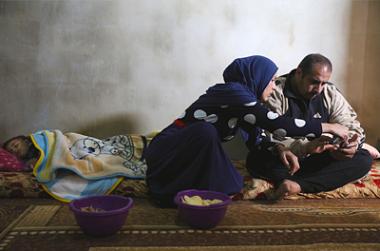
Innovation and Entrepreneurship Capacity Building to Support Mobile Internet Ecosystem in Lebanon
The Government of Lebanon faced a dire environment of unemployment amidst migration of it growing, educated workforce. The Government entered into a knowledge exchange to learn from Chile’s experiences galvanizing multiple stakeholders and developing programs to support an innovation ecosystem that would lead to increased opportunities for…
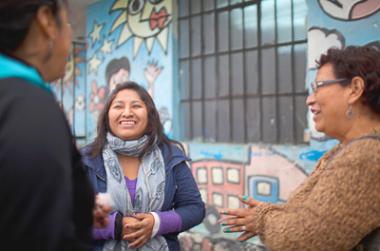
Integrating Geo-referenced Information Systems in Bolivia’s National Planning
Obsolete and separated information systems have afflicted planning and public investment in Bolivia. Through an experience exchange, the Chilean Ministry of Social Development and the Peruvian Ministry of Economy and Public Finance shared their knowledge and good practice approaches in the design and implementation of geo-referenced information…
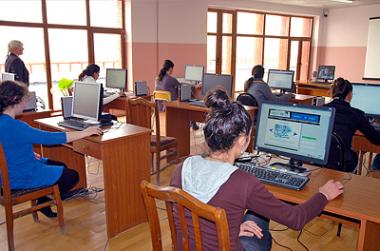
Expanding Internet access in the Kyrgyz Republic
A fundamental prerequisite for successfully growing an economy today is affordable, efficient, and widespread access to Internet services. But many countries are still in the process of creating the necessary foundations for transitioning to an information society. One of them is the Kyrgyz Republic that, nevertheless, aims for offering full-…

Accelerating Economic Development through Improved Land Administration in Nicaragua
Strong property rights crucial Uncertainty over land tenure can have several negative consequences. It hampers potential investments and land market transactions; generates conflict; and disproportionately affects poor rural farmers, indigenous communities, and especially poor women. Recognizing the importance of land tenure issues in…
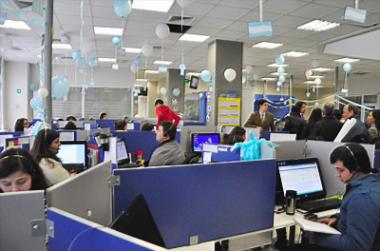
Establishing e-Government Procurement in Vietnam: A Learning Tour with Chile on the Public-Private Partnership Process
The Government of Vietnam wanted to establish e-government procurement (eGP) using a public-private partnership (PPP) model to improve government transparency. However, Vietnam lacked the know-how for contracting with service providers who could install the e-system. Additionally there were no adequate regulations in place to govern the system.…
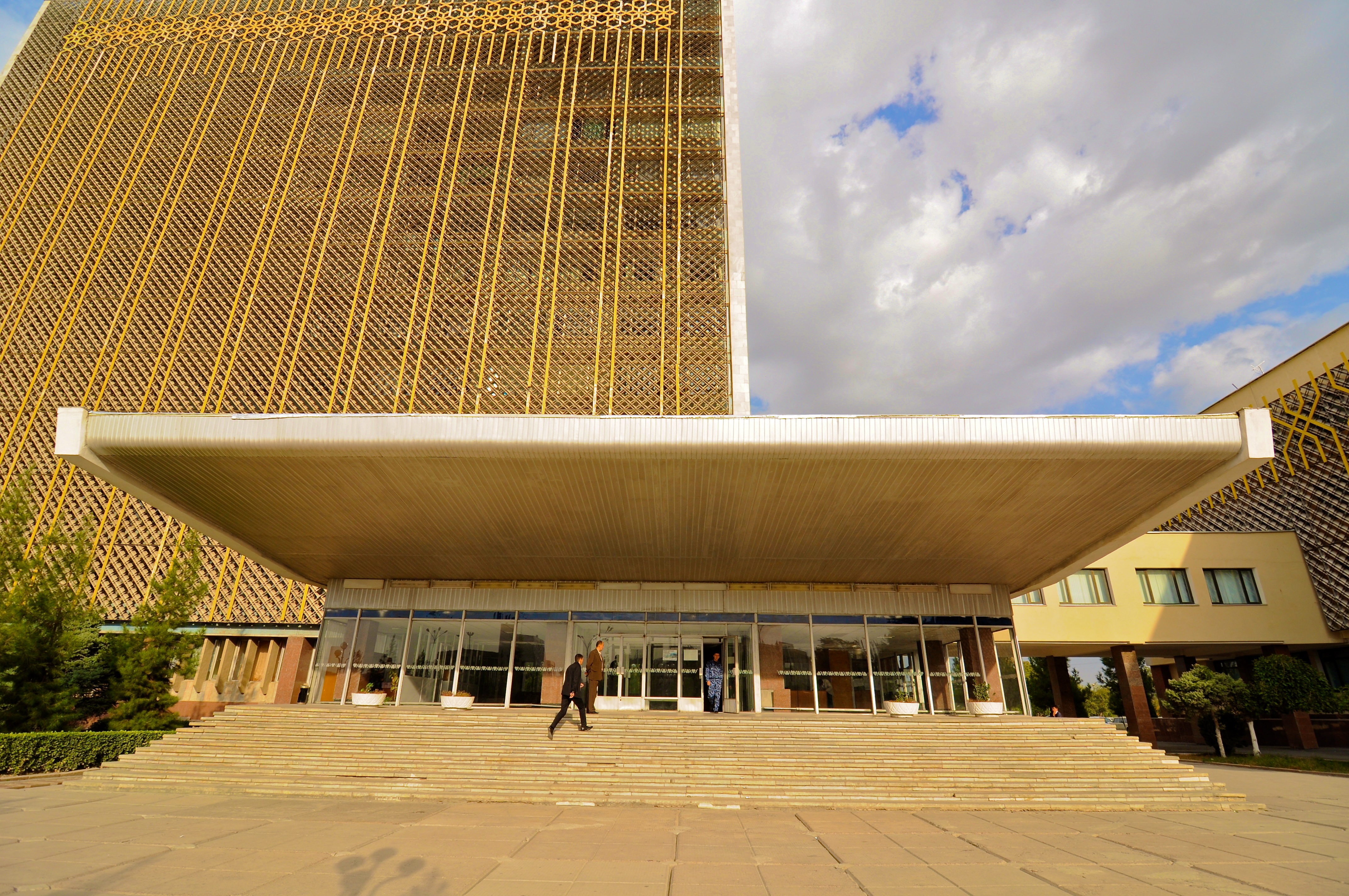
Improving eGovernment Services in Uzbekistan: Knowledge Exchange with Malaysia to Develop Policy and Regulatory Capacity
The Government of Uzbekistan wanted to improve e-services to its citizens, businesses, and government for greater efficiency, data availability, and transparency. However, the Government lacked the appropriate regulatory and policy framework. Malaysia, among the leading countries in the developing world to embark upon implementing e-government…
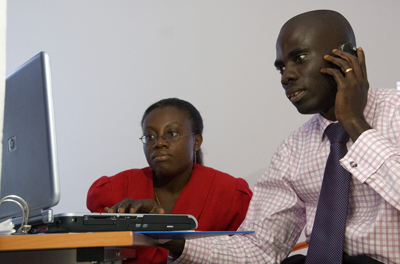
Urban Community Mapping
To improve the efficiency and accountability of the government, Tanzania wanted to increase citizen-based monitoring through Information and Communication Technology (ICT) services. Increasing transparency and good governance are crucial aspects of the World Bank Country Assistance Strategy (CAS) and the Tanzanian National Strategy for Growth and…
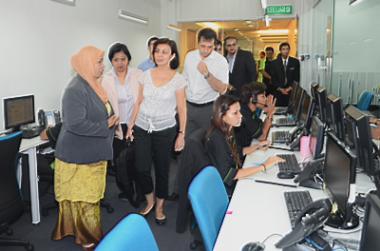
Building Skills for e-Procurement in Tajikistan
The Government of Tajikistan wanted to keep up with the growth of e-governance as well as reform its public procurement system. Through the exchange with Malaysia, experts from Tajikistan learned about the importance of improving efficiency and transparency in the public procurement process. The Government of Tajikistan also increased its capacity…
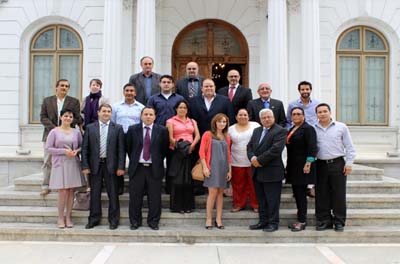
Strengthening Land Administration in Honduras
Challenges in land administration, such as weak property rights and unequal distribution, have threatened the pace of economic growth in Honduras. The Government has prioritized improving land administration services, which included adopting a unified cadaster and land registration system. Through the Second Phase of its Land Administration…

Increasing youth employment in ICTs in Jamaica
To engage youth in the global market for ICT applications, senior leaders from Jamaica’s Ministry of Science, Technology, Energy, and Mining (MSTEM) and its partners sought to develop and launch a regional technology incubation hub providing seed capital, training, and networking opportunities to entrepreneurs to bring their ideas to market.…
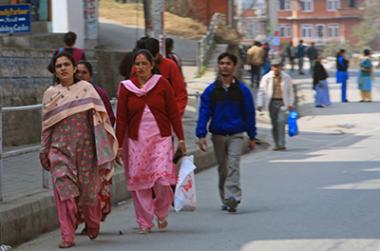
Strengthening Infrastructure Knowledge and Capacity in Nepal’s National Identification System
The Government of Nepal needed to address the organizational effectiveness of its National Identification Management Center (NIDMC), specifically with focus on operational efficiency, effective communications, stakeholder relations, and results. Pakistan had implemented a similar program with success. Through the exchange, Nepal set out to learn…
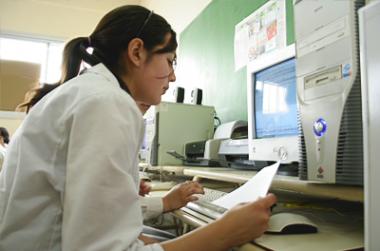
Strengthening Bolivia’s National Science, Technology, and Innovation System with Learning from Argentina and Uruguay
To increase its limited knowledge, skills, and implementation know-how with regards to science, technology, and innovation (STI) systems, the Government of Bolivia engaged in an exchange with the more experienced Argentina and Uruguay. The Bolivian experts learned the importance of a proper regulatory framework and sectoral collaboration that…
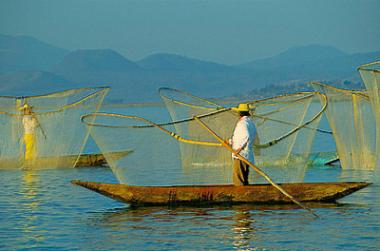
South-South Exchange on Population and Agricultural Censuses in Bolivia
Bolivia recognized during the preparation and implementation of the National Population and Housing Census (NPHC) and the National Agricultural Census (NAC), that there was a need to strengthen its statistical and information systems for monitoring and accountability. With help from the World Bank an exchange was organized that focused on…
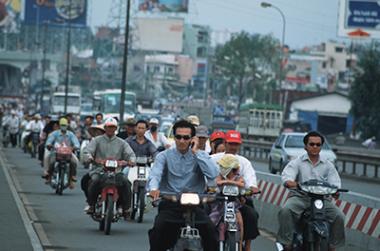
Building Capacity to Develop and Manage Roads in Lao PDR
Complementing a Bank-financed project, transport officials and provincial governors from Lao PDR visited South Africa to learn from its national roads agency and other organizations. Delegates increased their skills in road administration, asset management, and public-private partnerships. Laotian officials leveraged know-how to introduce pilot…

Strengthening Open Government in Tunisia
In the wake of the Jasmine revolution, the Government of Tunisia made it a priority to improve government accountability and openness. One way it sought to do so was through information and communication technologies (ICT). In 2011, the Government considered joining the Open Government Partnership (OGP). Chaired by Brazil, this platform of over…

Promoting Open Government in Macedonia
Macedonia sought to develop and implement an Open Government Plan as part of its effort for government transparency, as well as to meet EU online service requirements. The exchange helped to raise awareness and understanding of the e-Government agenda among Macedonian officials and helped to establish data sets in each ministry appropriate for e-…

Improving Education through Information and Communication Technologies in Armenia and Tatarstan, Russia
The Governments of the Republic of Armenia and Tatarstan shared a similar aim: to improve the quality of their respective education system through the use of information and communications technology (ICT). Uruguay and Argentina were identified as the appropriate knowledge providers in helping Armenia and Tatarstan achieve better outcomes in…
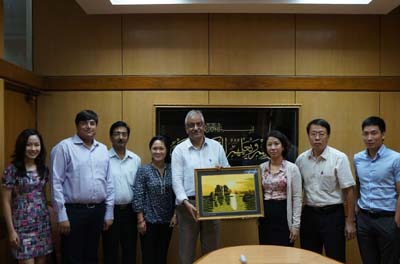
Promoting Pro-Poor Innovation in Vietnam
To help to reduce poverty, the Government of Vietnam prioritized “inclusive innovation,” which involves developing programs to identify national development challenges (NDCs), and stimulating low-cost yet high quality technological solutions and products benefiting the poor. In 2010, the Government began to prepare the World Bank Vietnam…

 China
China Colombia
Colombia Denmark
Denmark India
India Indonesia
Indonesia Mexico
Mexico Russian Federation
Russian Federation Spain
Spain United Kingdom
United Kingdom